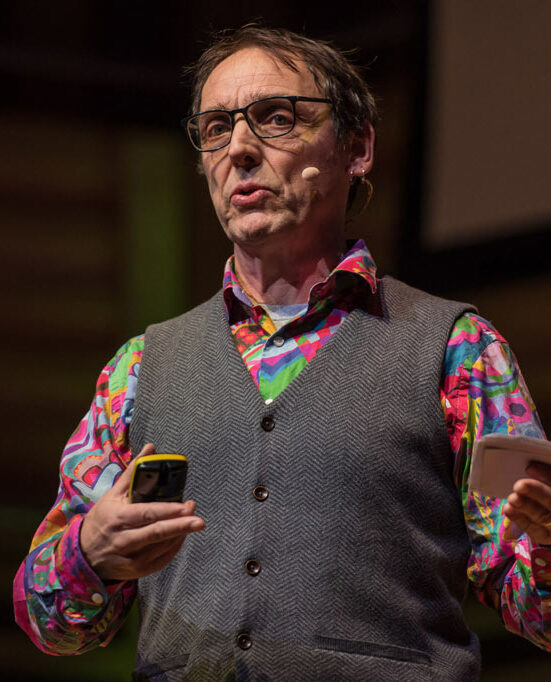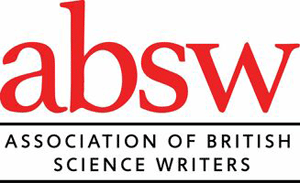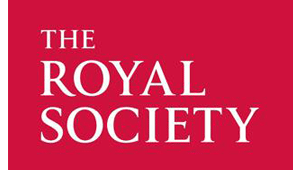Philip Ball – Biography
Philip Ball freelance science writer
Philip Ball is a renowned science writer and author. He has written extensively on subjects ranging from high-energy physics and materials science to developmental biology to the history and social functions of science. He worked previously as an editor at the science journal Nature for over 20 years.
His writing style combines clarity and depth, making complex scientific concepts accessible to a wide audience. He is particularly interested in the ways science intersects and interacts with the wider culture. He is the author of many popular books on science, including works on the nature of water, pattern formation in the natural world, colour in art, the science of social and political philosophy, the cognition of music, and physics in Nazi Germany. He has written widely on the interactions between art and science, and has delivered lectures to scientific and general audiences at venues ranging from the Victoria and Albert Museum (London) to the NASA Ames Research Center, London’s National Theatre and the London School of Economics.
Philip continues to write regularly for Nature, and has contributed to publications ranging from New Scientist to the New York Times, the Guardian, the Financial Times and New Statesman. He is a contributing editor of Prospect magazine and a columnist for Chemistry World, Nature Materials, and the Italian science magazine Sapere. He has broadcast on many occasions on radio and TV and is a presenter of “Science Stories” on BBC Radio 4. His awards include the 2006 James T. Grady–James H. Stack award of the American Chemical Society for interpreting chemistry to the public, the 2019 Kelvin Medal of the Institute of Physics for communicating physics, and the Royal Society’s 2022 Wilkins-Berrnal-Medawar Medal for contributions to the philosophy, history, or social functions of science.
Philip has a BA in Chemistry from the University of Oxford and a PhD in Physics from the University of Bristol.

RECENT AWARDS
“I believe that we who strive to communicate science will be failing in our role if we do not explore the social and cultural contexts against which today’s fast-moving and immensely impactful developments can be evaluated and understood. We have a duty not just to illuminate but also sometimes to complicate: to push back against simplistic narratives.”
Wilkins-Bernal-Medawar Medal Lecture, 2022
Philip Ball



